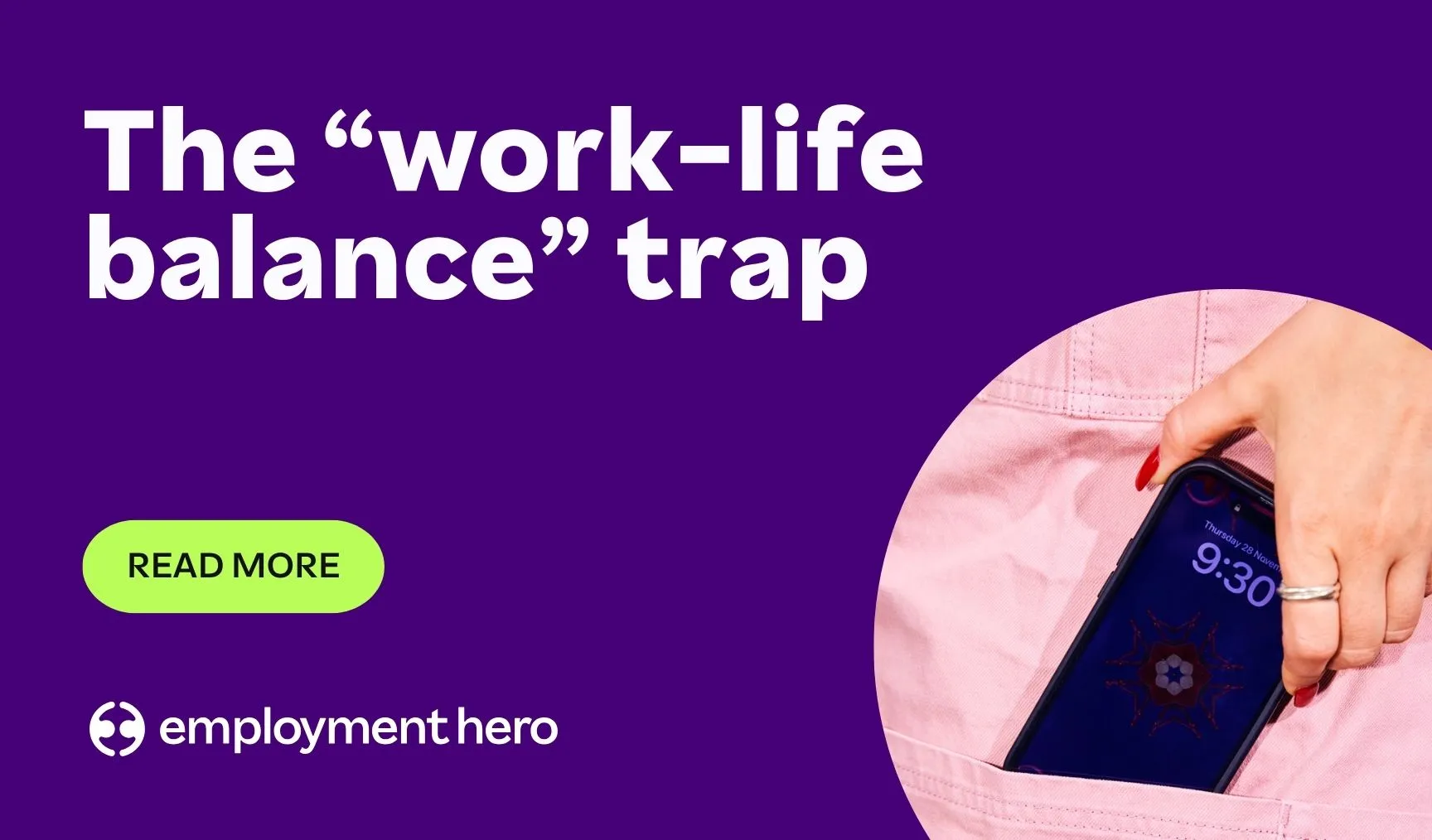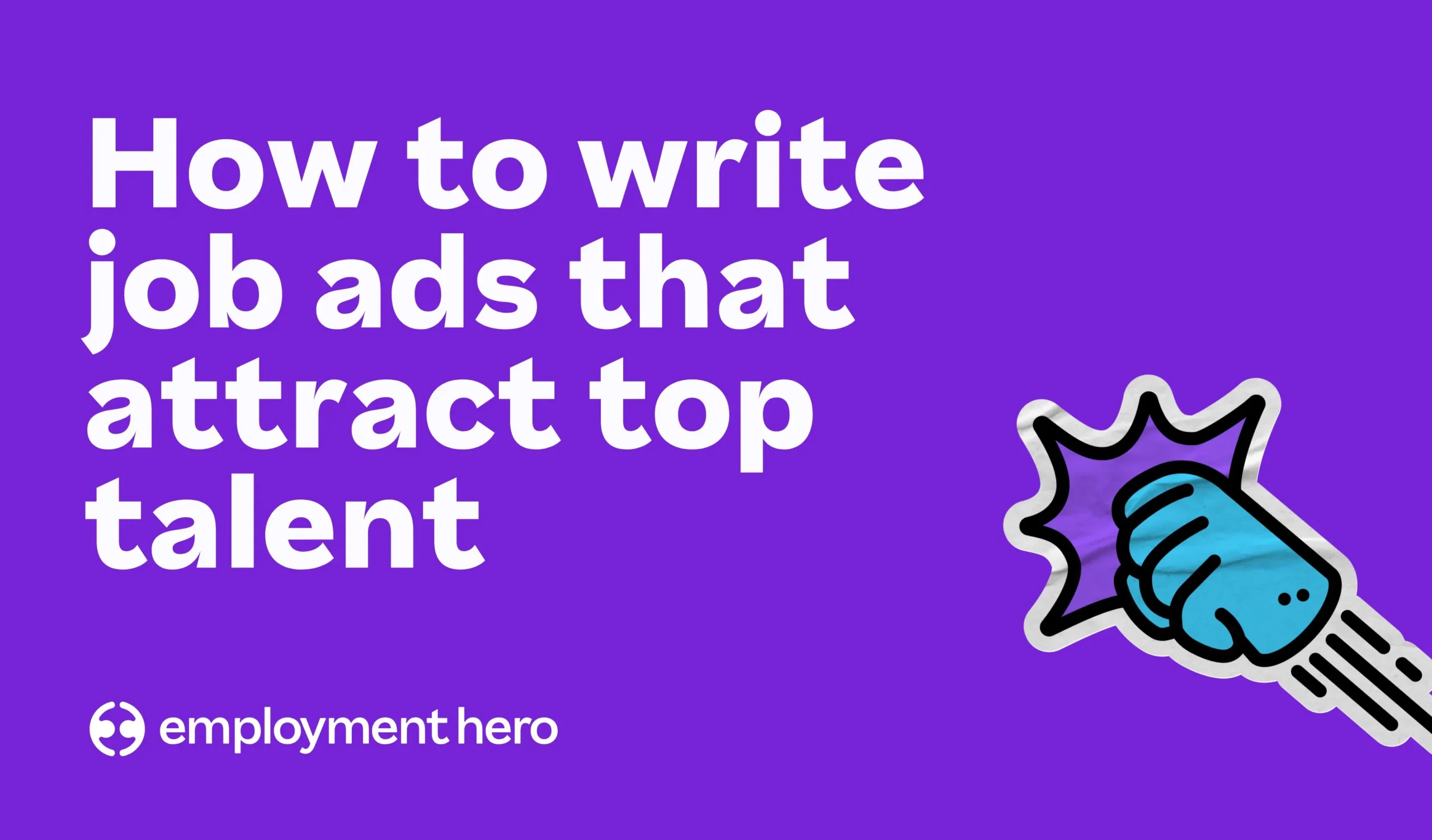How To Stop Brain Drain & Retain Employees
Do you have talented employees that are always looking for greener pastures? Here are some tips on how to stop brain drain and keep your top talent!

After a few years where we’ve largely hunkered down at home during the Covid-19 pandemic, international travel has started to accelerate again. For many people, this is an opportunity to travel, reconnect with loved ones or make that big international move they’ve been dreaming of.
The reality is that for many countries, they’ll see people leave or migrate from their shores. For businesses, this could mean the loss of important team members to international comp1etitors. On a larger scale, it could mean national skills shortages.
We’re here to assess the potential of a talent migration in a number of developing and developed countries, as well as what businesses can do to soften the exodus of talent with the return of global travel.
What is brain drain?
The phrase ‘brain drain’ is a term that encapsulates the challenges of talent migration. It’s defined as a situation where large numbers of educated and skilled people leave a country to work in another, where the pay and working conditions are better.
We’re in an unprecedented situation, at least in recent history, of having migration drop significantly. The UN places it as a growth slowdown of 27%, or 2 million migrants. It’s unsurprising — closed borders and the challenges of travelling with the risk of Covid-19 made migration a challenge. Now as borders open up, there’s the possibility that these migration statistics could make up for lost time. With it will come the brain drain phenomenon.
What is the cause of brain drain in the workforce?
Moving internationally isn’t a small undertaking and for skilled workers to consider roles overseas, they’ve usually got some good reasons. For businesses who experience brain drain, it’ll be because people have seen better employment opportunities elsewhere and some push factors are working conditions at home.
This was something we saw frequently in our Employee Movement and Retention report. While the ‘Great Resignation’ saw employees change companies and roles for a number of reasons, for some that extended to their country of work as well.
In fact, a staggering 42% of job seekers surveyed said they would consider a job overseas. For 46% of those people, it was so they could take the opportunity to travel. For just under a third, it was because they felt there were better opportunities in other countries. The reasons that these international opportunities seemed superior were numerous, including a better salary, different lifestyle or the chance for professional development.
If you’re looking to adapt your recruitment process to better find these talented individuals, consider how to recognise transferable skills, which can be essential in a globalised job market. Learn more about this in our article on transferable skills to look out for during recruitment.
What are the effects of brain drain on economic development?
Beyond the workplace view of losing highly skilled workers, brain drain is damaging to economic growth as well. This is because each skilled worker represents surplus spending units. Their loss can reduce consumer spending in the country, which in turn affects businesses.
Economic development is critical for a country to thrive. It attracts businesses, has benefits for companies already there, and over time, can support their growth. The impact of brain drain is really problematic for economic growth in the long term.
Brain drain is happening in both developing countries and developed countries
Brain drain in Australia
Australia has always been a popular destination for migrants but saw its fortunes change with the impact of Covid-19. It saw a net loss of 88,000 people in 2020-21, with more departing the country than arriving, reversing a decade-old trend. Many workers moved to Europe and the United States of America, likely as a result of their borders opening while other parts of the world stayed closed.
As for 2022 to 2023, those numbers are still developing. The test will be to see whether those statistics slow down. Our recent Employee Movement and Retention Report showed that 48% of Australian workers were planning to look for a new job in the next 12 months – the challenge for employers is to convince highly skilled workers to stay in their roles and the country.
To address employee retention challenges, especially in the wake of migration trends, explore innovative retention strategies for remote employees in our guide on 11 innovative retention strategies for remote employees.
Brain drain in New Zealand
New Zealand only recently started opening up their borders to welcome visitors and residents back in, with the final stage due in July 2022. While New Zealand-based workers could certainly leave to migrate overseas before this, the doors to the country shut behind them. To get back in would require residency or citizenship, along with a place in a managed isolation facility, which was decided by lottery. Not an appealing situation to anyone leaving family or friends behind.
However, that’s all changed and the fear of brain drain is a common topic in New Zealand news and politics. It’s been estimated that up to 125,000 Kiwis could leave New Zealand’s shores in the next year, as they take advantage of the new freedom of movement. That’s 2.5% of the total population. As the cost of living starts to bite too, we could see brain drain hit the country very hard, very soon.
Brain drain in United Kingdom
The shadow of the 2016 EU referendum still hangs over the UK almost six years later. In that time, they’ve seen significant patterns of outward migration. In 2020, there was an increase in UK to EU migration by almost 30% in comparison to pre-Brexit years. As much as Covid-19 has been a brain drain spectre for Australia and New Zealand, continuing trade negotiations with the EU continue to affect industries in the UK, including recent concerns about lost funding for science and research.
The effects of brain drain in the United Kingdom are already fairly advanced. A critical skills shortage is being seen, with 90% of leading UK organisations unable to find talent for high skilled occupations. For businesses, it’s about bringing UK migrants living abroad back to their home country – or considering forward-thinking global hiring.
If you’re grappling with employee retention and dealing with candidates ghosting during the hiring process, our article on reasons why job seekers disappear might provide some valuable insights.
Brain drain in Malaysia
Brain drain is an emerging concern for Malaysia, where they’re estimated to be losing skilled workers at an increase of 6% per year. This is following the initial impact of the Covid-19 pandemic. Prior to that, migration out of the country had slowed briefly, but it appears to be ramping up again, especially to places such as Singapore.
The concept of brain drain isn’t new for Malaysia, where the loss of skilled workers has long been a challenge for their developing economy. It made headlines in Australian news at the start of June 2022, when Malaysian-born Penny Wong was appointed as Foreign Minister in the recent Australian election. It’s also worth noting that Malaysia doesn’t recognise dual citizenship, likely making the move from the country for many into more of a ‘one-way’ journey.
Brain drain in Singapore
Brain drain has always been a constant concern in Singapore, despite being an international business hub. In fact, according to our Employee Movement and Retention Report, more than half (55%) of those surveyed would consider moving internationally for a job. Popular motivations include the possibility of better pay and the chance to travel, which are even larger push factors than ever before due to the past few years of pandemic restrictions.
Singapore still remains in a fairly positive situation nonetheless with regards to the number of high skilled workers seeing economic benefits in large scale migration from places such as Malaysia and Hong Kong. Analysts believe that there is a low risk of mass brain drain, although some wariness about potential post-pandemic relocation persists.
To address the issue of employee ghosting, both from candidates and current employees, our employee ghosting action plan offers practical steps on how to handle this challenge effectively.
What can companies do to stop brain drain from affecting them?
For companies in these countries, whether you’re experiencing brain drain, anticipating it or are so far unaffected, it’s still important to be proactive, not reactive. Businesses should think carefully about what they offer and how it compares to other employers.
There’s a name for that concept – the employee value proposition (EVP), aka all the amazing rewards, benefits and joy that your company can offer your team. You might already be nailing it but even in the tough climate of brain drain, there’s no harm in checking for the odd blind spot. Let’s look at what can really make your EVP sing and keep your employees from itchy feet.
1. Provide employee benefits
As the global economy continues to feel the shockwaves of the last few years, many businesses and their employees are under immense financial pressure. For employers, it’s important to ensure that your remuneration is competitive or you could lose team members to higher paying roles.
However, if you’re reaching the limits of salary brackets in your organisation, it’s worth considering benefits beyond pay. Whether it’s subsidised health insurance, discounted tickets for events or free gym memberships – consider what you could offer your team that they’ll really appreciate.
That’s something we’ve factored into the Employment Hero platform, with a specific benefits portal. There, users of the platform get access to a huge catalogue of products on offer, and well-known brands. We also give employers the option to reward an individual’s great performance with ‘Hero Points’, which can be spent on anything from the benefits platform.
2. Nurture a workplace culture like no other
When your employees start their day, are they excited to begin? Does your team support each other when the going gets tough? Are leaders supportive and inspiring? If so, you’ve got the makings of an amazing workplace culture.
Creating that positive company culture isn’t easy to do, but getting it right can make a huge difference to employee retention. Our research at Employment Hero showed that 88% of job seekers consider company culture in their search. If yours is stronger than potential talent competitors, you’re at an advantage with employee retention already.
As employee expectations shift post-Covid, it’s crucial to understand how these changes are impacting workplace priorities. Discover more in our article on how Covid-19 transformed employee expectations and priorities.
3. Adopt remote working policies
Remote work has been an increasingly popular topic in recent years, but no one foresaw just how essential it became in 2020. Now, companies are finding that many employees are reluctant to give up their experience of working from home. Our research showed that 36% of the office workers we surveyed would like to work remotely on a permanent basis. If you’re strictly ruling out remote work arrangements, that’s a third of your team who are potential flight risk employees.
Talk to your employees and get an idea of how they’re feeling about the current working stipulations. If they’re looking for remote work, seriously consider how you can make this an option. It could allow you to keep team members around for much, much longer.
Another good argument for remote work is that even if your employee does decide to move overseas, it doesn’t necessarily mean goodbye. You can continue to employ them remotely from their new location, losing nothing to brain drain. Our Global Teams product is perfect for this, taking the headache out of employment across international borders.
4. Look into international hiring
Finally, if brain drain and ongoing skills shortages are unfortunately already affecting your business, it might be time to look farther afield. Brain drain relies on losing skilled workers to other countries, but what if you could employ new employees in those countries too? International hiring could bring in the valuable team members you’re currently missing.
As for additional employees who might have relocated, Global Teams facilitates overseas recruiting and onboarding, as well as supporting ongoing local compliance. With international hiring in full gear, your HR and leadership teams can actually say ‘Brain drain? Never heard of it.’
Read more on what you need to know about hiring in:
The wrap-up
The world is changing rapidly and businesses need to be agile. Whether brain drain and skill shortages are already affecting your country or they’re on their way, it’s important to be aware of the potential risk. Plus, working on strengthening retention rates isn’t just beneficial during times of larger strife – it’s the key to building a resilient company where employees want to work.
Want to know how you can manage your team more effectively post-Covid, and beat the brain drain?
Download our distributed workforce playbook.
Related Resources
-
 Read more: The ‘work-life balance’ trap: Why promising it is hurting your SME recruitment (and what to promise instead)
Read more: The ‘work-life balance’ trap: Why promising it is hurting your SME recruitment (and what to promise instead)The ‘work-life balance’ trap: Why promising it is hurting your SME recruitment (and what to promise instead)
For growing SMEs, work-life integration is a sustainable way to support your team and attract top talent. Explore how your…
-
 Read more: Job ad guide: How to attract top candidates
Read more: Job ad guide: How to attract top candidatesJob ad guide: How to attract top candidates
Looking to hire your perfect match? The way you pitch your open role can be the difference between landing or…
-
 Read more: Employment Hero and CommBank to provide businesses with discounted HR, payroll and benefits support following EOFY
Read more: Employment Hero and CommBank to provide businesses with discounted HR, payroll and benefits support following EOFYEmployment Hero and CommBank to provide businesses with discounted HR, payroll and benefits support following EOFY
Eligible CommBank Yello for Business customers will get the first 3 months free on any Employment Operating System subscription with…






















